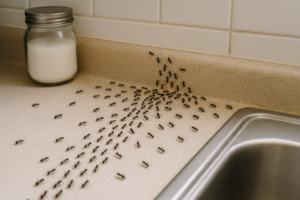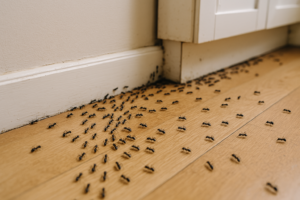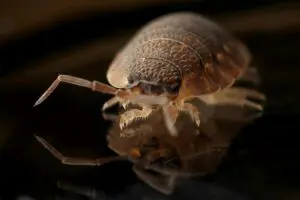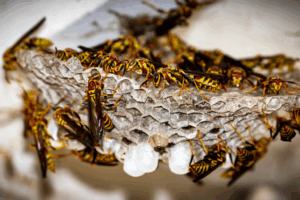
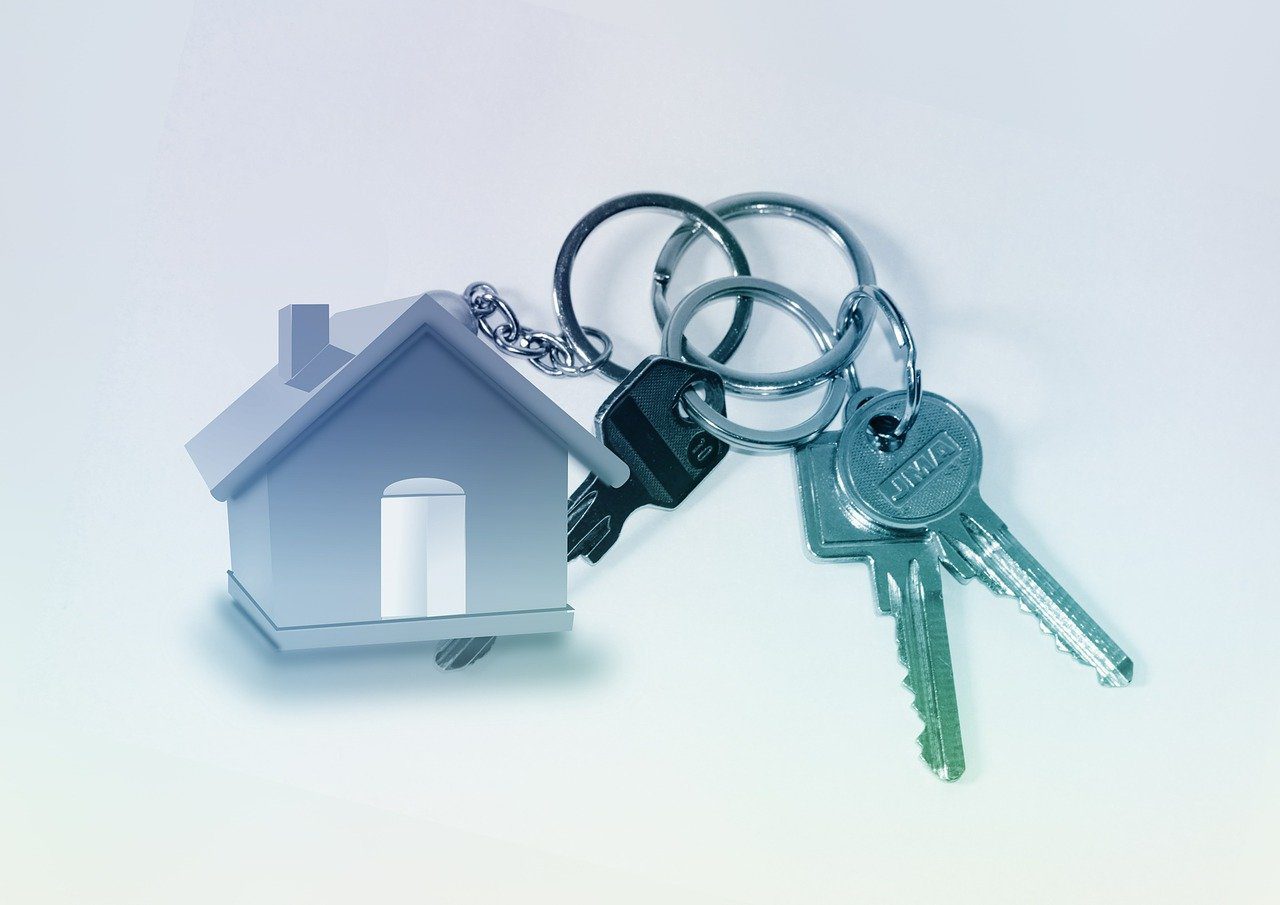
Pest control is one of the most important responsibilities of a landlord. Read on to learn why this is, as well as how to deal with pests on your rental properties.
What Makes a Pest a Pest?
In the pest control world, the term “pest” is defined as any creature that causes harm to or is a nuisance to humans and human environments. Animals and insects are labeled pests if they habitually spread disease, cause injury, cause property damage, cause damage to crops or other vegetation, negatively impact the populations of other species, or are a severe annoyance. Some of the most common pest species in the United States are rodents, cockroaches, bed bugs, ants, termites, ticks, beetles, silverfish, fleas, and flies. Though insects account for a large percentage of the animals that are labeled pests, only around 1 to 3 percent of insect species are actually considered pests.How Do Pests Harm Renters?
- Pests are a health and safety risk. Many pests spread bacteria, parasites, and illnesses to humans and pets. Such pathogens can be spread through bites and stings, or through the contamination of food and surfaces. Some pests are liable to cause physical injury to tenants. Additionally, certain pests are known to cause asthma symptoms or allergic reactions. Allergic reactions can be very dangerous, even life-threatening.
- Pests damage tenants’ belongings. Pests will chew up or consume items like paper products, fabrics, and more. In addition to chewing, pests soil items with urine and feces. When pests cause damage to a tenant’s personal belongings, they often leave the items beyond repair.
- Pests contaminate tenants’ food and food prep surfaces. Most pests are on a constant search for a steady food supply. Unfortunately, their search often leads them to kitchens and pantries where they work their way into food storage containers. As soon as any pest comes into contact with a food or ingredient, that item is contaminated and cannot be consumed. This can cause quite a bit of tenants’ food to be wasted. In addition, pests contaminate the surfaces they walk across, including food prep surfaces and food storage shelves. A contaminated food prep surface can cause disease as easily as if the food itself were contaminated.
- Pests create an inhospitable environment. Pests have a habit of leaving behind signs of their presence. Some of the more off-putting signs of pests include droppings, urine, exoskeletons, eggs, nests, bites and stings, loud or consistent noises, and foul odors. These signs create quite an unpleasant environment in which to live or work.
What Is Pest Management?
Pest management is the practice of preventing and eliminating pests as well as the circumstances that attract them. It is more than simply exterminating pests when they pop up- pest management also includes taking measures to prevent the arrival of pests, like keeping up with property maintenance and receiving regular preventative pest control treatments from an expert. Integrated Pest Management, or IPM, is a safe and effective pest management technique which combines the knowledge of the pest’s biology, environmental factors, and available technology to eliminate and prevent infestations in the safest way possible. IPM limits the use of pesticides, and instead relies on the most up-to-date scientific, environmental, and behavioral knowledge of each individual pest in order to manage pest populations while posing as little risk as possible to humans, pets, and the environment. For more information about IPM, visit the website of the IPM Institute of North America.How Is Pest Management Beneficial to Property Managers?
- It keeps your tenants safe. For the most part, pest management prevents the pests that could cause harm to tenants. If pests do show up, IPM eliminates them in a way that poses no risk to tenants.
- It prevents expensive property damages. Pests that are allowed to linger for any period of time can cause extensive damage to electrical systems, plumbing systems, and more. They can also compromise the structural integrity of buildings and furniture. Such damages are usually very expensive to repair.
- It prevents extermination fees and income loss. If an infestation becomes too advanced, costly extermination procedures like fumigation may be required. Such treatments are not only expensive, but they also require the property to be evacuated for a certain amount of time, during which landlords cannot collect rent.
- It keeps your property in good shape. Many of the best pest prevention techniques are simple property maintenance like fixing foundation cracks, replacing torn shingles and screens, trimming vegetation, and keeping a clean yard. While such techniques do keep pests away, they also keep your property looking nice and prevent the physical deterioration that comes with everyday wear-and-tear.
- It protects your relationship with tenants. Having an amicable relationship with renters is an important part of being a property manager. It helps to avoid conflict between landlords and tenants, and it helps tenants to feel more at ease in the space they are renting. Pest infestations can cause tension in the relationship, which in many cases can lead to unhappy tenants, rental disagreements, and even legal disputes.
- It protects your reputation as a landlord. You’ve worked hard to earn a first-rate reputation as a property manager. Unfortunately, pests can tarnish that reputation in an instant. With proper pest management, pests do not get the chance to show up and harm your reputation.
- It provides peace of mind to you and your tenants. Happy tenants means a happy landlord. When proper pest management is practiced, neither you nor your tenants have to worry about pests showing up, thereby eliminating a significant source of stress for everyone.
How Should Property Managers Handle Pest Infestations?
All property managers should have a working relationship with a pest control company of their choice. Landlords should coordinate with their tenants and their chosen pest control company to provide rental properties with regularly scheduled pest control treatments. Ideally, this will prevent infestations altogether. However if an infestation does occur, an exterminator will already be on standby to immediately deal with the problem. If a tenant complains of pest activity, landlords should contact their pest control company within 1 to 2 days at the most. If the landlord waits too long, the tenants have the legal right to break the lease or withhold rent. In most cases, the landlord is responsible for the cost of pest control, so it is best to pay for and provide extermination right away. If it can be proven that the tenant caused the infestation, they are responsible for the cost of extermination. Even in this case though, it is best to deal with the pests first before pursuing legal action against the renters for the cost of the pest treatment. In short, the best course of action is to contact a pest control expert, pay for and schedule extermination, and then, if necessary, ask the tenant to pay back the cost of extermination. Landlords should record all steps included in the extermination process so they can keep the tenant informed of all stages, and so they have all of the information required should the tenant need to be charged for the extermination cost. Property managers should never perform their own pest control. Not only is DIY pest control not as effective as professional pest management, it is also illegal for landlords to provide. As reported by the EPA, one may only apply pesticides to their own dwelling unless they are professionally certified as a commercial pesticide applicator. In other words, a person cannot legally use pesticides on a property where they do not live, even if they own said property.How To Prevent Pests on Rental Properties
Here are 5 ways to prevent pests on your rental properties:- Educate your tenants on proper pest prevention habits.
- Employ pest prevention methods like installing door sweeps, providing dehumidifiers, and more.
- Keep up with property maintenance both indoors and outdoors.
- Schedule monthly or seasonal pest control treatments.
- Visit your properties regularly to ensure prevention methods are being maintained and no pests are present.




